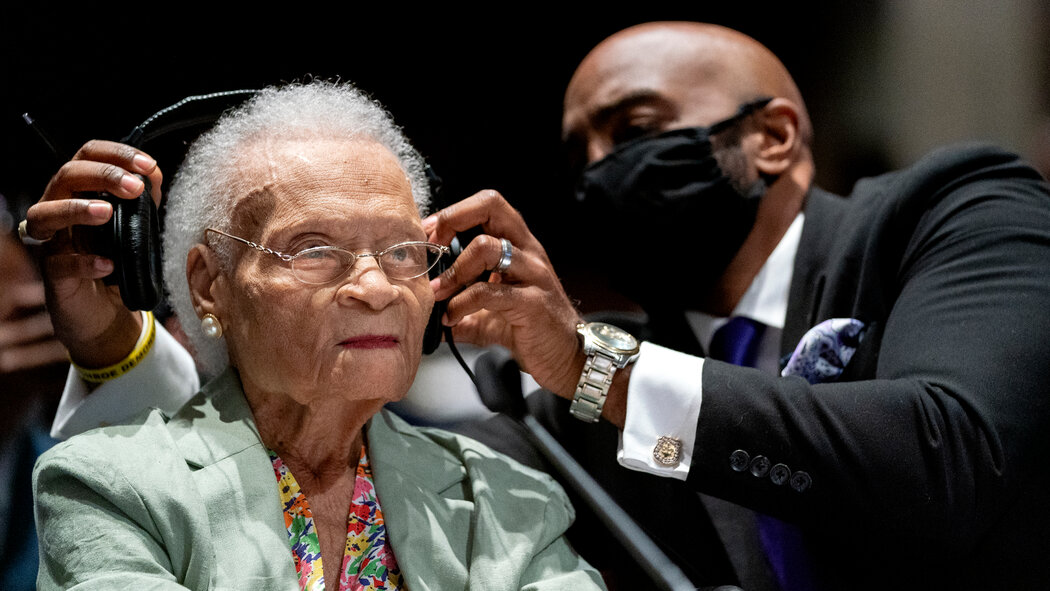
U.S. Black Chambers, Inc. (USBC), the leading national voice for Black-owned businesses, wishes to address the recent dismissal of the lawsuit seeking reparations for the Tulsa Race Massacre. The Oklahoma judge’s decision dashes an effort to obtain some measure of legal justice by survivors of the deadly racist rampage on Black Wall Street. As an organization committed to economic empowerment and justice, we underscore the profound impact this decision has on the pursuit of racial equity.
In response to the court’s ruling, Ron Busby Sr., USBC President & CEO, stated, “The dismissal of the lawsuit seeking reparations for the Tulsa Race Massacre is a disappointing setback in the ongoing fight for justice and equity. The events of that tragic day in 1921 continue to reverberate through generations, and the denial of reparations further compounds the deep-rooted wounds suffered by the Black community. We must acknowledge the significance of this historic event and take bold steps to rectify the injustices inflicted upon Black Tulsans.”
USBC recognizes the importance of supporting and uplifting communities affected by such historical atrocities. As part of these efforts, the organization has established the Women’s Business Center in partnership with the U.S. Small Business Administration, in the heart of The Greenwood District, which serves as a vital resource for small businesses in the area. Through this center, USBC continues to empower Black entrepreneurs, provide access to capital, and foster economic growth, in line with the spirit of resilience demonstrated by the Greenwood community.
Busby further emphasized, “Our Women’s Business Center in The Greenwood District stands as a testament to our unwavering commitment to fostering economic development and empowerment. We believe in the transformative power of entrepreneurship, and it is crucial to ensure that the Greenwood community thrives. We will continue to support and uplift Black-owned businesses in this historic district and work tirelessly to dismantle systemic barriers to economic success.”
USBC encourages collaboration among community leaders, policymakers, and advocates to address the deep-rooted inequities stemming from historical injustices. The dismissal of the reparations lawsuit underscores the urgent need for comprehensive policies and initiatives that redress the systemic disadvantages faced by Black communities across the nation.








